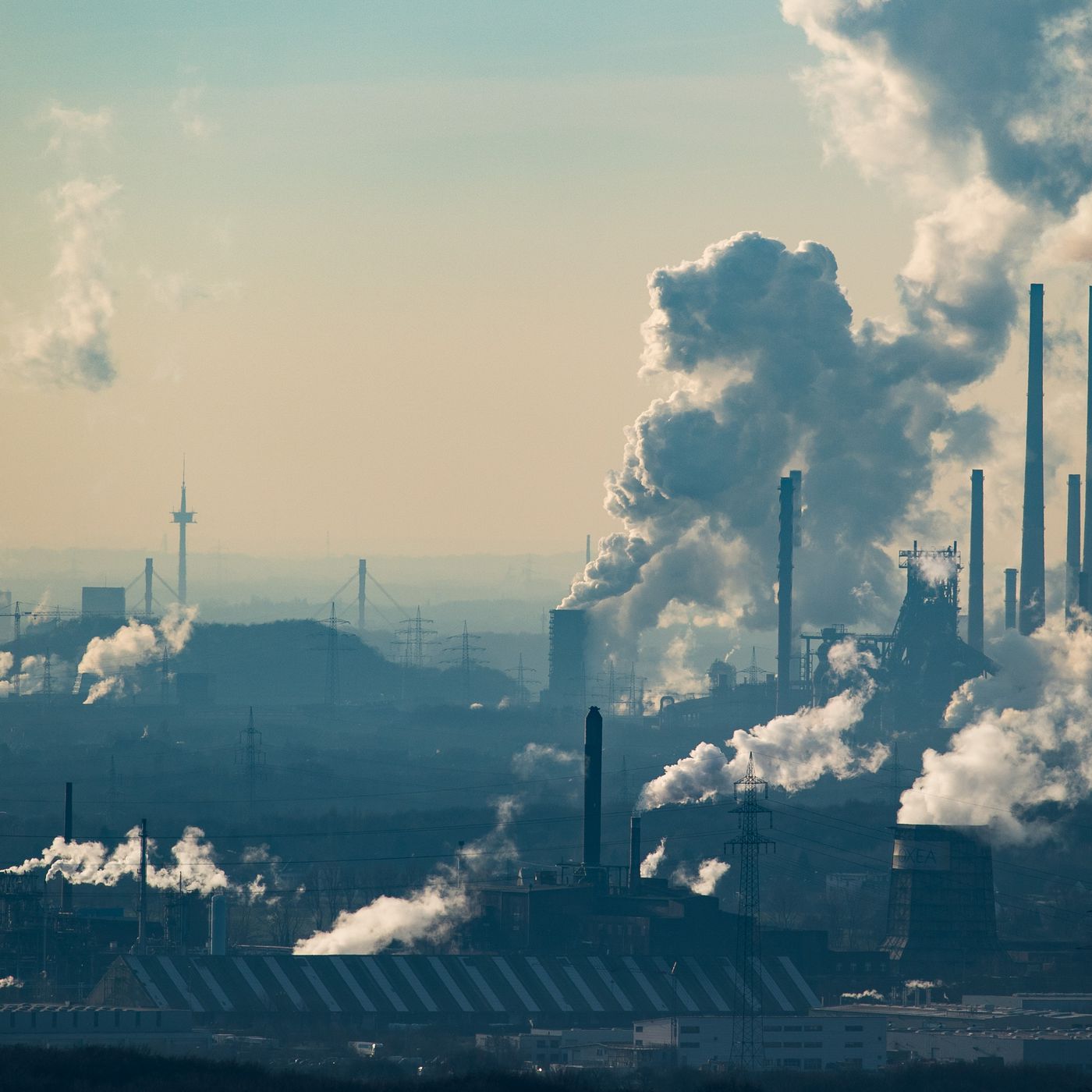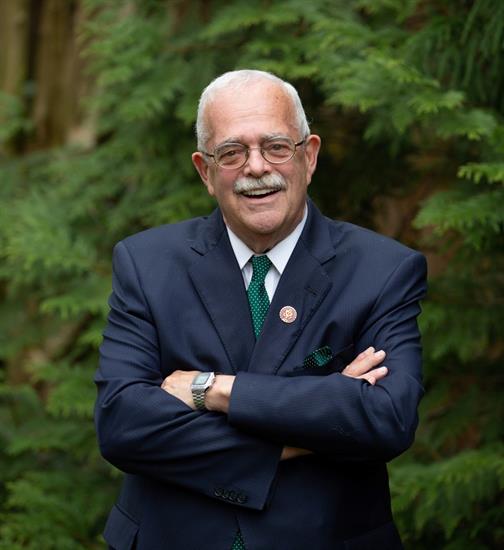To address climate change, we must first deal with racism
“In order to address the issue of climate change we must first challenge the racist policies that has impacted the environment to begin with.”
These were the words of the Rev. Dr. William J. Barber II, Co-Chairman of the Poor People’s Campaign (https://www.poorpeoplescampaign.org/), as he spoke during a recent Zoom conference on “The Intersection of the Climate Crisis and Social Justice” on May 19th. Accompanied by Co-Chair Dr. Liz Theoharis and Dr. Robert Bullard, Climate Reality Board Member at Texas Southern University, Barber addressed the connection of climate change to racial discrimination in predominantly minority-based communities. In addition, they also discussed the upcoming Digital Mass Poor People’s Assembly and Moral March on Washington, happening on June 20, 2020.
Bullard, often known as the “father of environmental justice,” highlighted some startling numbers from the NOAA National Centers for Environmental Information, providing further details on just how wide the gap is for protection of urban communities. According to the research, from 1980-2019, the U.S. South/Central and Southeast regions experienced a higher frequency of billion-dollar disaster events than any other regions. The 2018 National Climate Assessment (NCA4) states that “Climate change creates new risks and exacerbates existing vulnerabilities in communities across the United States, presenting growing challenges to human health and safety, quality of life, and the rate of economic growth.”
This impacts communities of color even more. According to researchers Howard and Elliott, “Communities of color lose up to $29,000 on average in personal wealth following events like hurricanes and wildfires.” Although the Prince William County area has yet to experience such an environmental disaster, the rising sea levels and temperatures make it a possibility in the future.
What is interesting to note that in the same research, white communities gain an average of $126,000 in wealth following the damage and recovery efforts. Black wealth is roughly one-tenth of white wealth, with their median wealth being $17,600 (and $20,700 for Hispanic families) compared to white families’ median wealth of $171,000.
Last month the PW Perspective wrote on the reality of climate gentrification (https://pwperspective.com/2020/04/22/could-climate-gentrification-come-to-prince-william-county/) which is an issue Bullard spoke about in three simple terms:
- Money follows money
- Money follows power
- Money follows whites
In his book “Unequal Protection,” Bullard discusses how more pollution-creating factories are often placed in low-income communities. “If a community happens to be poor, working class or inhabited largely by people of color,” he said during the webinar, “it generally receives less protection.” He went on to say how “Historically, exploitation of land and exploitation of people are highly correlated.”
So, what can be done to ensure just and equitable plans in the era of climate change?
Bullard stated that climate action plans must address sustainability, equity and racial justice in three key areas:
- Equitable development
- Assist families below the poverty line
- Dealing with widening health, income and wealth gaps, especially in the current pandemic crisis.
He concluded his presentation by saying that “Addressing equity is a prerequisite to achieving climate-resilient communities.”



